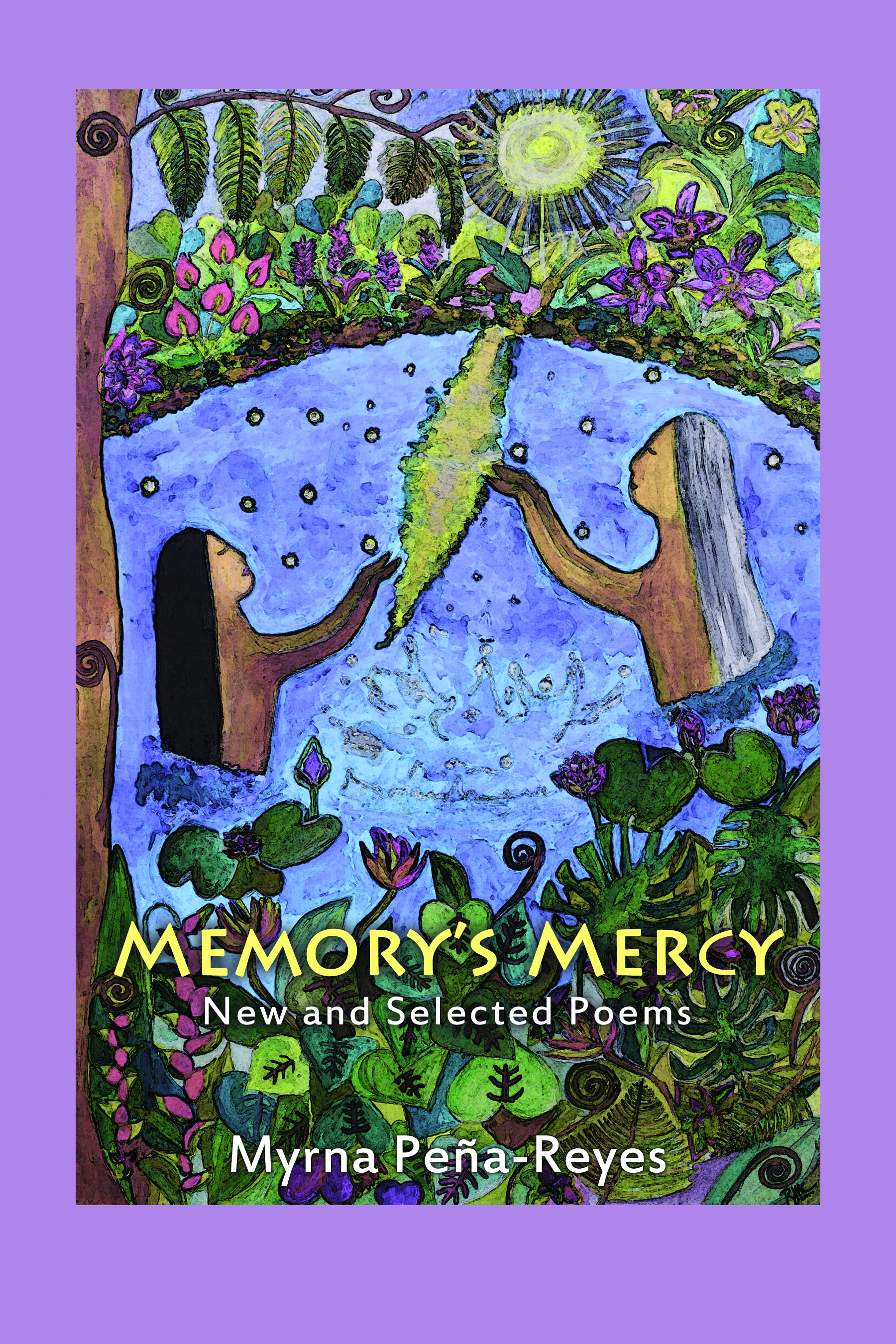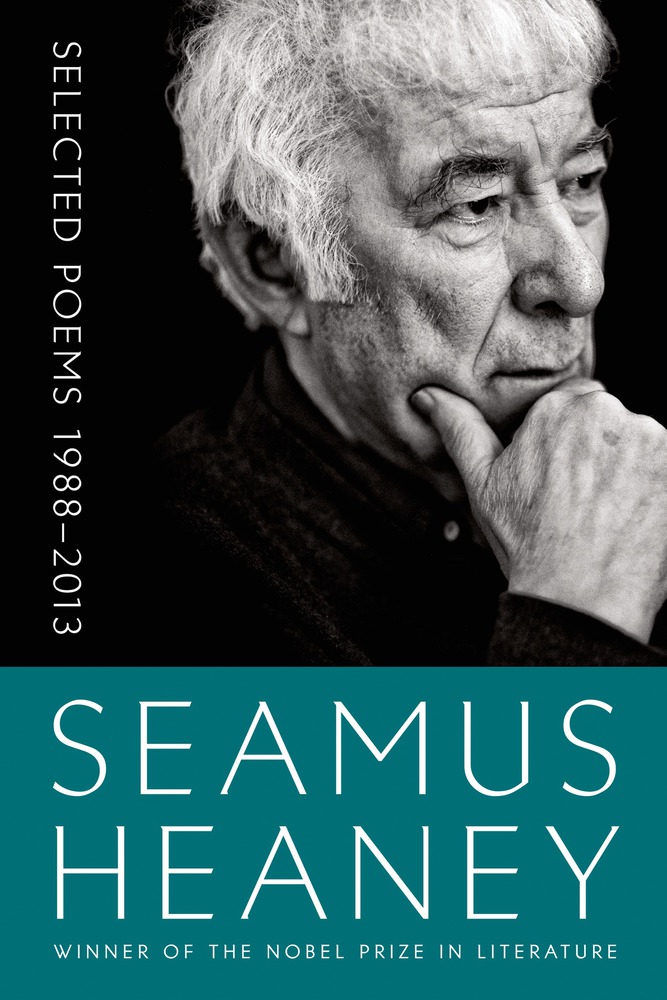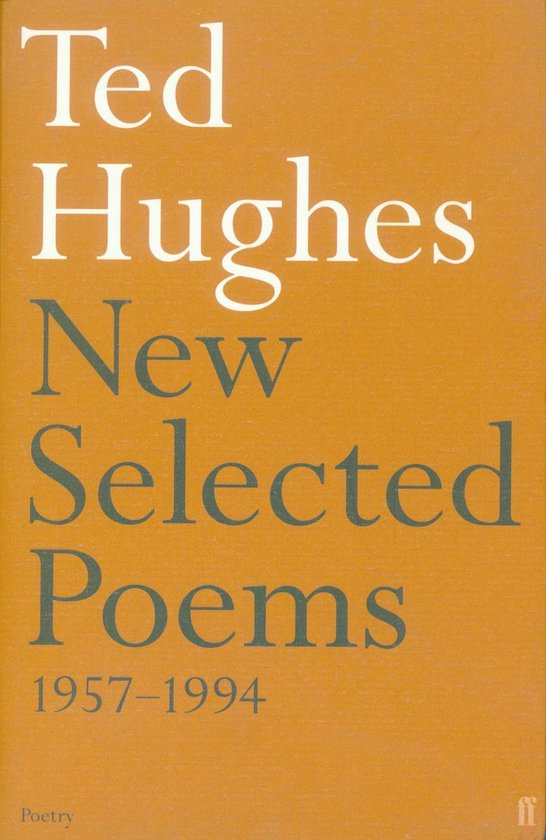



“Keats published three volumes of poetry before his death at age twenty-five of tuberculosis…His poetry and his remarkable letters reveal a spirit of questing vitality and profound understanding and his final volume, which contains the great odes and the unfinished Hyperion, attests to an astonishing maturity of power.” Leaves of Grass by Walt Whitman (1819–1892) Within this initially unassuming, anonymous volume were many of the poems that came to define their age and which have continued to delight readers ever since, including The Rime of the Ancient Mariner, the ‘Lucy’ poems … and many more.” Selected Poetry by John Keats (1795–1821) “Wordsworth and Coleridge’s joint collection of poems has often been singled out as the founding text of English Romanticism. His ‘Songs of Innocence’ are products of this innocent imagination untainted by worldliness, while the ‘Songs of Experience’ resulted from his feelings of indignation and pity for the suffering of mankind.” Lyrical Ballads by William Wordsworth (1770–1850) and Samuel Taylor Coleridge (1772–1834) He was an independent and rebellious thinker, who abhorred pretension and falsity in others. “Blake was one of the finest craftsmen of his time, an artist for whom art and poetry were inextricably linked. Each poem evokes the natural world – the cherry blossom, the leaping frog, the summer moon or the winter snow – suggesting the smallness of human life in comparison to the vastness and drama of nature.” Songs of Innocence and Experienceby William Blake (1757–1827) “Basho, one of the greatest of Japanese poets and the master of haiku, was also a Buddhist monk and a life-long traveller. His works are notable for their realistic and sensual style and include sonnets, love poetry, religious poems, Latin translations, epigrams, elegies, songs, satires and sermons.” On Love and Barley: Haiku of Bashoby Basho (1644–1694), Translated by Lucien Stryk “John Donne was an English poet, preacher and a major representative of the metaphysical poets of the period.

John Donne’s Poetry by John Donne (1572–1631)


 0 kommentar(er)
0 kommentar(er)
